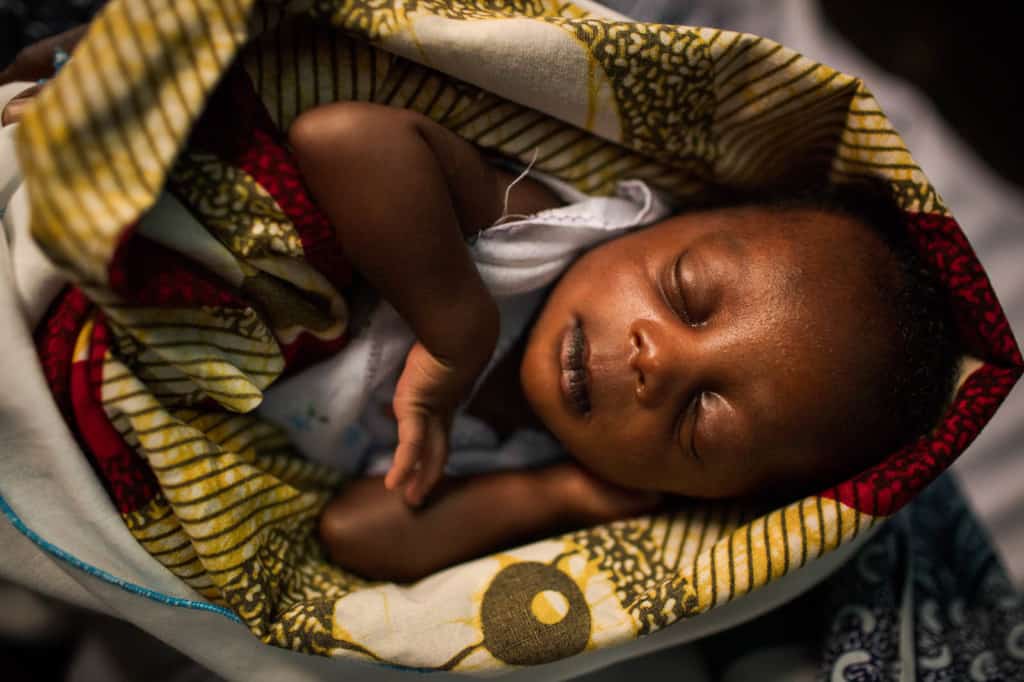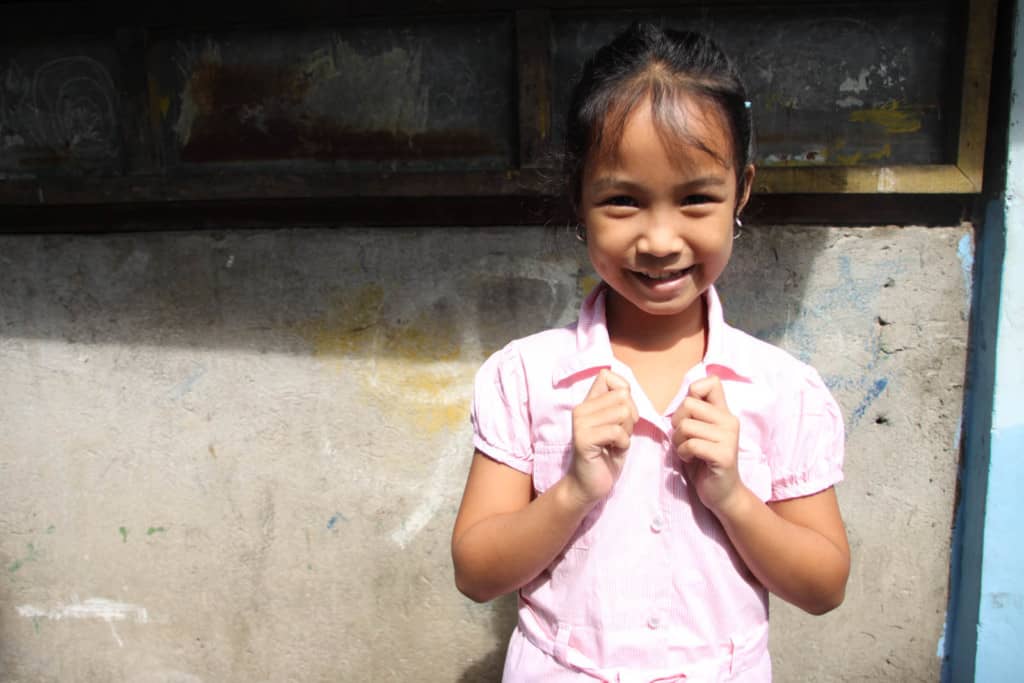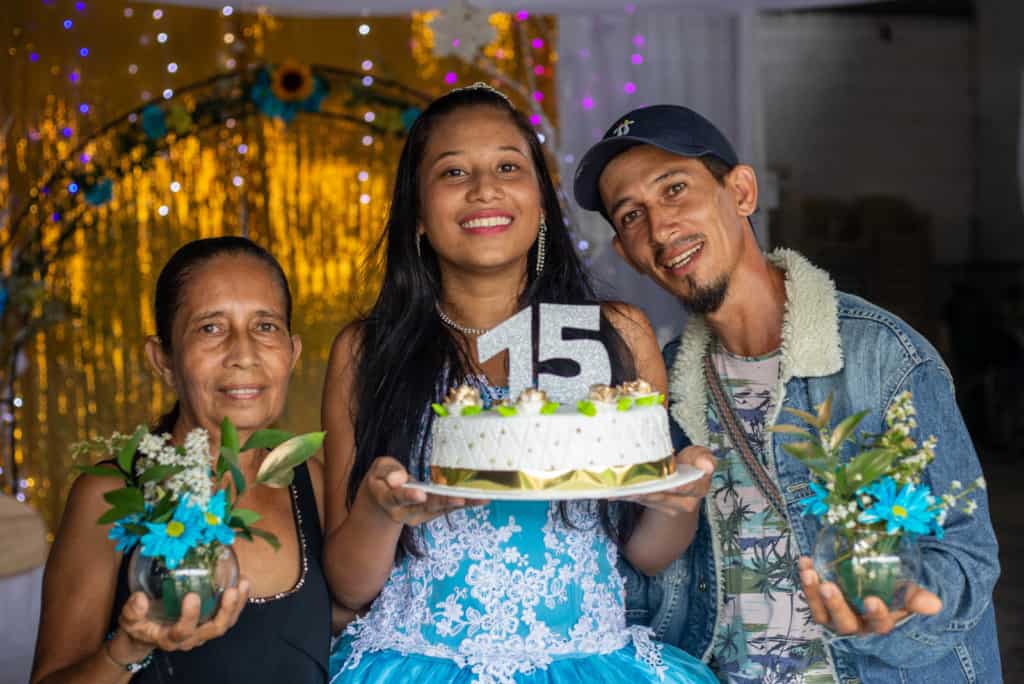Check out these celebrated child-specific rites of passage from cultures in countries where Compassion serves
Whether they are from the United States, Brazil, the Philippines or Ghana, every child in the world has at least one thing in common — they grow up!
And as they do, according to their culture’s customs and traditions, they celebrate and memorialize certain rites of passage or milestones. These celebrations honor the transition from one stage of development to the next.
In our North American culture, we tend to mark and remember a child’s first day of kindergarten; their baptisms and professions of faith; when they become a teenager; when they get a license and start driving a car when they turn 16; when they graduate from high school and go off to college; when they become a legal adult at age 18 and then a full-fledged adult with all of its privileges at 21; and, finally, when they graduate from college and enter the professional world. (There was some debate as to whether or not we should include the significant discount in car insurance when a person turns 25, but for now we’ll just call it an honorable mention. :))
But what about people in Africa, Asia or Latin America? How do they commemorate their children’s growth? What’s important to them?
Side note: This is one of the best parts about being part of this ministry. Not only do you get to witness the life-changing power of the gospel being lived out in a child’s life first-hand, but you also get to expand your understanding and knowledge of the world beyond your personal frame of cultural experience. And as you do, you gain a greater appreciation for God’s great creativity in how he made us all so much the same, yet so different!
Without further ado, let’s look at some different significant child milestones celebrated in countries where Compassion serves …
“Outdooring” in Ghana

While it’s common here in the United States for expectant parents to have a name for their baby picked out well before the child is even born, in many other parts of the world, children aren’t named until many days, weeks or even months after birth. The reason why is the higher likelihood that the mother or baby could die during birth or in the days afterward.
That’s why when a baby receives their name, it’s a big deal. It sets the expectation that the baby will survive.
In Ghana, this naming ceremony is called “Outdooring.”
Eight days after a baby is born and is deemed likely to survive, the parents will bring their newborn “outdoors” – outside their home – for the first time, where they will raise them to the sky and back down again three times, symbolizing an introduction to heaven and earth. While this occurs, the parents will give their child a name in the presence of their family and community.
Friends and family will give the baby gifts, and then there is a big feast!
Turning 7 in the Philippines

There’s not much information around how this tradition got started, but in the Philippines, it’s a big deal to celebrate a child’s seventh birthday. This is when it’s said that a child enters an age of accountability and has a good sense of what is right and wrong. This is seen as a child’s first step into maturity.
On his or her seventh birthday, a boy will dress in a nice shirt and pair of pants, a girl in a beautiful dress, and friends and family will come over for lots of games, food and fun.
The parents will give seven gifts to their child ranging from toys to jewelry to handmade items and a Bible.
Festa de Debutantes in Brazil
The Festa de Debutantes in Brazil is a coming-of-age milestone that is celebrated specifically for young girls on their 15th birthday. It’s similar to a girl’s “Sweet 16” birthday in the U.S. or the traditional quinceañera that is celebrated throughout Latin America. This is when a girl is celebrated as she becomes a young woman.

Festa de Debutante parties tend to follow a specific tradition where the young woman wears a fancy dress, has her hair made up nicely and is ceremonially presented to the community. She will enter into the room with her father where she will blow out candles and then dance the “valsa” (a ballroom-style dance) accompanied by 15 other young male and female dance couples.
Afterward, there is a cake-cutting ceremony that is followed by a more informal celebration.
What About Your Sponsored Child’s Culture?
These are just a few of the different ways children are celebrated as they grow up into adulthood around the world. If you sponsor a Compassion child, why not ask them in a letter, “What special birthdays or ages do you celebrate in your culture?” It’s a great way to learn more about the details of your sponsored child’s life, and it shows him or her that you’re curious to know more about them. And that could lead to more specific and relational letters that you’ll receive from them in return.
Click here to write your sponsored child while the question is fresh on your mind.
Leave a comment below. What milestone celebrations were particularly memorable for you when you were a kid?
International photography by Edwin Estioko, Lina Marcela Alarcón Molina and Gregory Woodman







2 Comments |Add a comment
dear Lidia i went to the farm and planted flowers and we picked up some coconuts and put them in the crate and we put the onions and put the onions in a bucket and we ate lunch there and we went to the park and talked about what we are going to do at camping and we came back to add and yesterday I stayed home and played my keyboard and exercised on my bike and and monday we did some reading we made some book markers and sunday I dusted my room and did my grocery list and popped some popcorn and had some popcorn and i stayed at home on saturday friday Kankou ordered some food I ordered a salad and a large diet coke and I swept my room on friday night and Betty did my groceryshopping today and tomorrow I don,t have to go to add i have the day that my can sleep in love Elaine dee Johnson
Hi, Elaine! I see that you are trying to write a letter to your sweet child Lidia. Do you know how to write your child on your My Account? This is the Compassion Blog, and Lidia regrettably will not be able to see your letter here. We are happy to help you, if you would kindly send us an email at [email protected]. ?